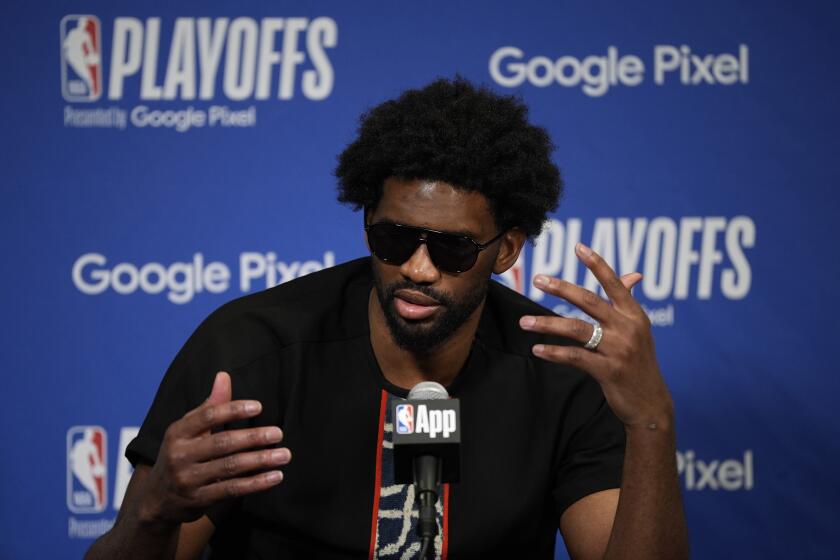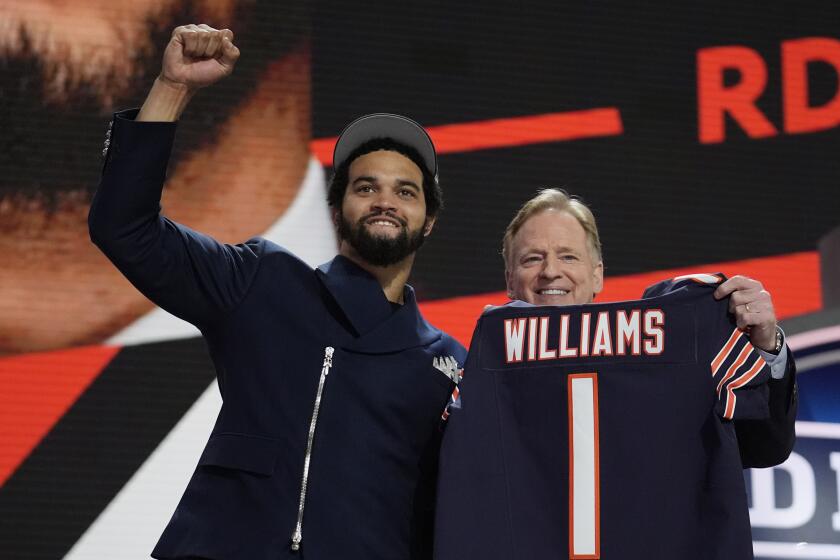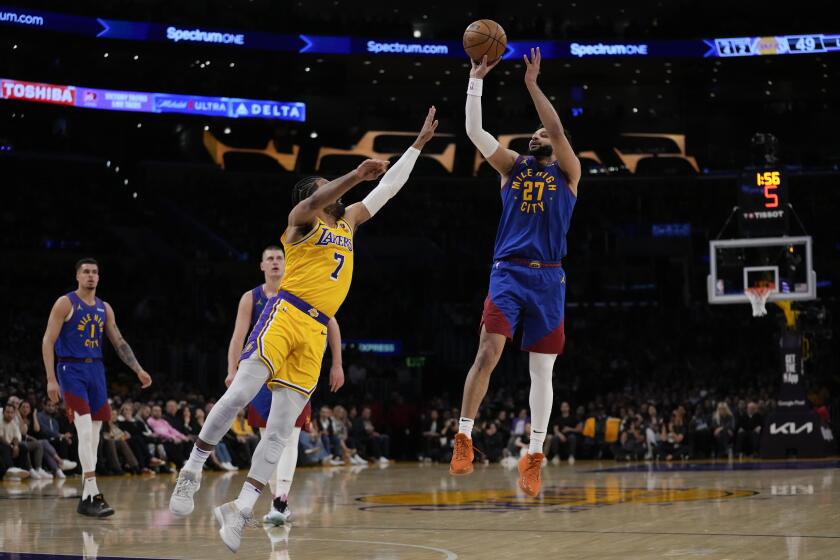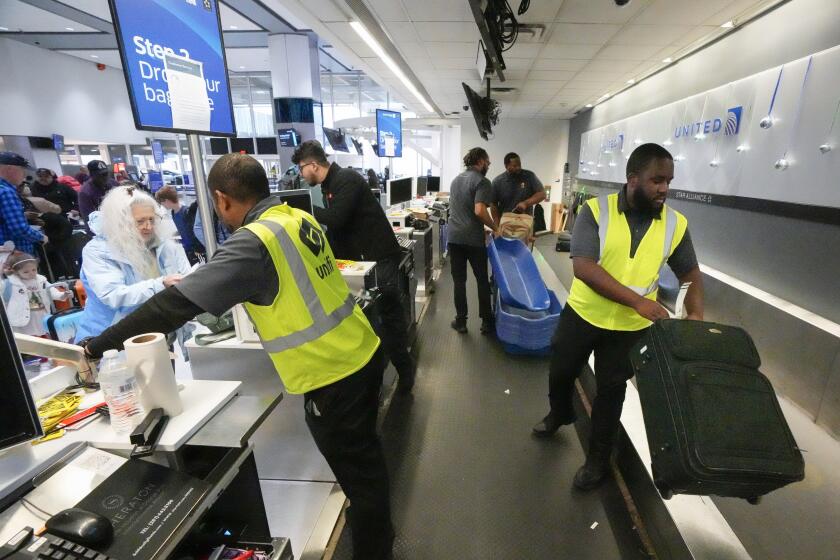How the Internet is changing Cuba
Having borne for years the stigma of being one of the most disconnected countries in the world, Cuba is now expanding access to digital services, which in turn allows Cubans to debate with their leaders on social media, even as the new independent press acts as a civic watchdog.
A country with an immovable power structure for almost half a century has changed in a decade from the marathon speeches of the late Fidel Castro to the 280 characters on Twitter of President Miguel Diaz-Canel, the island’s first leader in six decades whose name isn’t Castro, and who has made bringing Cuba online a priority.
“It’s a vast difference,” EFE was told by Norges Rodrigues, the young telecom engineer behind the YucaByte project, which monitors IT development in Cuba.
Cuba’s old guard, with its defensive mentality against the United States, long considered the Internet a weapon for “ideological penetration by the enemy,” so it was only available in hotels and the homes of some professionals until 2015, at almost the same time as the thaw with Washington, when Cuba established its first public WiFi areas.
Three dizzying years have passed since then, from the first Cubans who timidly explored the Web from public facilities and excitedly contacted emigrant family members by video chat, to today’s access to the Internet in the home - still very much a minority - and, since just a month ago, the 3G connection on cell phones.
More than 5 million of Cuba’s 11.2 million people now have access to the Internet, according to the latest official figures.
At the same time the government uses Twitter to get closer to a society not used to interacting with its leaders.
“We’ll have to see how well they interact with citizens,” Rodriguez said, adding that the Cuban leadership currently uses the Web to air slogans and celebrate the day’s anniversaries, but “offers little information about what the government is doing and interacts very little with society.”
The digital opening has already given rise to a bunch of young journalists who have created independent media as an alternative to the state press.
Jose Jasan Nieves, head of the online news site El Toque, said that this new reporting “plays an oversight role” in relation to the actions of the government, though he believes the people in general are taking over that task the more access they have to social media.
“Greater access to information makes it harder to fool (the people) and harder to exercise power based on dictating and not on dialogue, while at the same time a society with more information takes smarter decisions and consequently demands political action more in line with its needs,” Nieves said.



